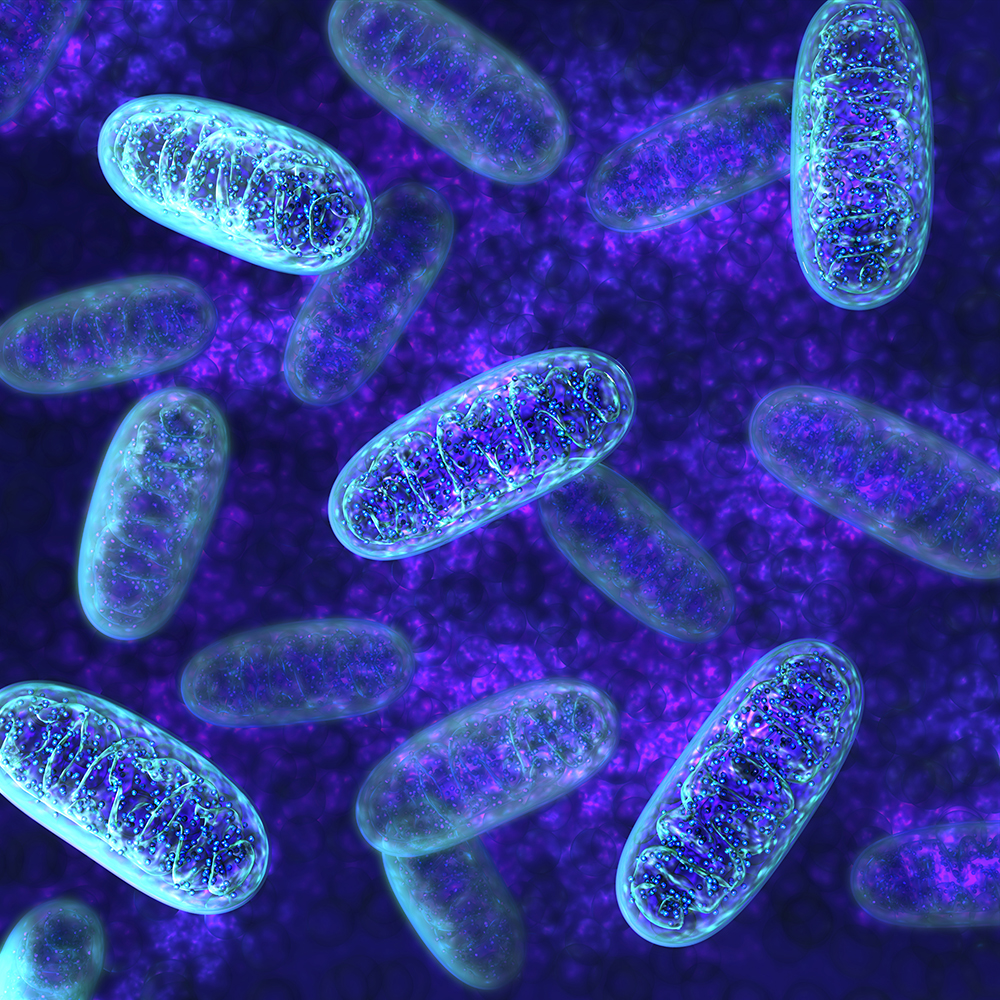
Researchers have showed that memory loss due to cannabis used is related to damage to mitochondria (pictured). (Credit: Shutterstock)
Researchers may have discovered a connection between a disruption to mitochondria and memory loss in people who smoke marijuana.
A group of researchers studied the receptor activation due to exposure to active ingredients in cannabis and its impact on mitochondria in brain cells to find out if it may play a role in immobility, catalepsy—which is an onset of seizures or a trance-like state—or memory loss due to the use of marijuana.
A mitochondrion is an organelle located inside of most cells—commonly referred to as part of the cell responsible for energy regulation.
Substances in cannabis bind to CB₁ receptors in mitochondria in brain cells located in the hippocampus, which is where most memory processing occurs, which can cause a disruption in the transmissions of messages between cells, resulting in memory loss, catatonic states or blackouts.
Researchers discovered that chemicals in cannabis also caused activation of CB₁ receptors in mitochondria in brain cells in the hippocampus, which suggests that memory loss due to the use of cannabis can be sourced to the impact it has on the organelles.
During the study the researchers removed the CB₁ receptors in the mitochondria in mice brain cells and tested the mice to see if they continued to experience memory loss due to the introduction of the cannabis chemicals.
When that did not happen, the researchers suggested that interactions between cannabis chemicals and mitochondria plays a major role in memory loss and likely other negative health effects associated with chronic use of marijuana.
The findings also indicate that chronic use can cause permanent damage to mitochondria, leading to long-term or permanent memory loss and other health problems.
However, the research concludes that there may be a way to modify medical cannabis used to treat diseases such as glaucoma so that it does not cause memory loss or associated health problems by removing its impact on mitochondria.
The study, which was published in Nature, can be viewed here.




